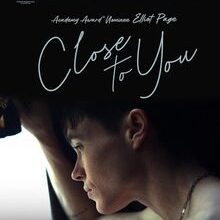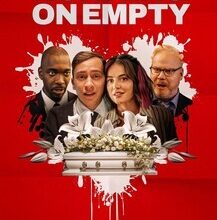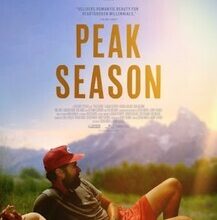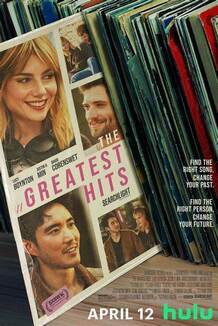
The Greatest Hits
The Greatest Hits

Now streaming on:
JustWatch
If you’re a genre nostalgic who’s looking for a romantic comedy that could’ve been made in the ‘90s or early aughts, and that features all of the comforting types (including the widowed protagonist, the dreamy lost love, the sassy, truth-telling best friend, the equally hunky potential new love and his cynical yet adoring sister) “The Greatest Hits” will tick most if not all of the boxes. The problem, in the end, is that you’re probably going to be too aware of the boxes as they’re checked—and although the performances are nearly faultless, the characterizations rarely rise above the requirements of their respective “types.” And only one of the three central relationships in this love triangle (between a grieving woman, the memory of her dead boyfriend, and the incredibly appealing new guy that she meets in a grief counseling group) comes completely alive as a person, thanks more to the performer than the role.
As a piece of filmmaking, “The Greatest Hits” doesn’t lack ambition, much less a pedigree. Writer-director Ned Benson took a huge swing ten years ago with “The Disappearance of Eleanor Rigby,” which recounted a relationship from two lovers’ perspectives, and was reedited into a combined, “Rashomon”-sh story (they were subtitled “His,” “Hers” and “Them,” and are available in all three versions). This new feature has a splash of “Slaughterhouse Five,” in that its heroine Harriet (Lucy Boynton) trips backwards in time whenever she hears a song that reminds her of a moment she shared with her late boyfriend Max (David Corenswet, James Gunn’s newly anointed Superman).
The big problem, for this viewer anyway, is that when the movie finally pulls the trigger on its concept and entirely commits to it, in a scientific procedural way, the story is getting ready to be over. Chung Chung-hoon’s shimmering, lens-flare-y photography, Page Buckner’s dense and meticulous but never showy production design, and Olga Mill’s costumes go right up to the edge of a sci-fi parable love story (parts of it are reminiscent of “Everything Everywhere All At Once,” particularly the moments when Harriet is triggered by a song and the movie itself seems to be straining and vibrating inside the projector) but don’t quite cross over.
I wanted it to. I’m admitting that here, even though it’s poor form to dock a movie for not being what you wanted it to be rather than embracing what it is, because what it is becomes repetitive, and without enough real-world messy specificity to make the repetitiousness the point, and the reward, of watching. Harriet’s best friend Morris (Austin Crute), a DJ, keeps sweetly but firmly informing her that she’s stuck in a self-punishing grief loop and needs to get out of it because it’s turned into a sort of twisted safe place giving her permission never to move on. (“Grief is temporary, but loss is forever,” is her group’s mantra.)
The better realistic dramas about grief have either an anthropological level of detail about how and why people feel certain things, or else translate it into bold but easy-to-grasp metaphors (science fiction and horror are particularly adept at this). This one is stuck somewhere between the two, unable to move ahead and make choices, rather like Harriet. I’d applaud the movie for taking the form of its heroine’s pathologies if the result was something more than a good try with a lot of heart.
Boynton does a lot with a little here. The character is defined almost entirely by her loss (which is something nobody who’s lost a mate would want) and the steps she takes to cope with her condition (such as wearing noise-canceling headphones in public avoid hearing a triggering song, culling her own music collection to remove anything that could send her into the grief zone, and getting a job at a public library, which is of course silent). Her great, lost love is an abstraction. You don’t learn much about him except that he was incredibly handsome and loved Harriet and was a musician and that she produced his albums and (a belated bit of detail that one wishes were explored) he could be a bit of a self-centered prat. Are we seeing him this way because Harriet idealized him to the point of dehumanizing him? There’s nothing in the movie to indicate this, except for a couple of too-late intimations in the third act. All of the other supporting players have maybe one-and-a-half dimensions at best, though they’re so appealingly performed that it’s hard not to like them regardless.
Justin H. Min, who made such a strong impression in “After Yang,” rescues the movie from the doldrums just by showing up. He’s got a naturally sunny presence that could seem self-regarding and irritating if it weren’t so brilliantly modulated. No matter what he says or does, you believe that he has Harriet’s best interests at heart and is a fundamentally good dude. He might be the latest evolutionary iteration of the character that John Cusack played in “Say Anything,” who was—despite the scene with the boombox, which has been retroactively identified as “stalking”—nearly a perfect specimen of young straight American manhood, so pure of heart that you might have rejected him out of hand if the actor playing him didn’t make you believe every moment.
Reviewed at South by Southwest 2024. It premieres on Hulu on April 12th.

Matt Zoller Seitz
Matt Zoller Seitz is the Editor at Large of RogerEbert.com, TV critic for New York Magazine and Vulture.com, and a finalist for the Pulitzer Prize in criticism.
Now playing
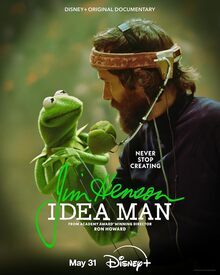
Jim Henson Idea Man
Peter Sobczynski
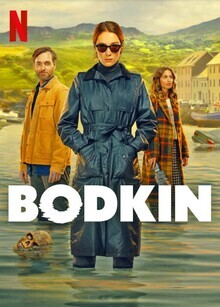
Bodkin
Kaiya Shunyata
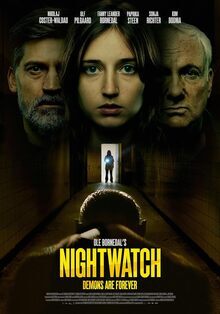
Nightwatch: Demons Are Forever
Simon Abrams

What You Wish For
Glenn Kenny
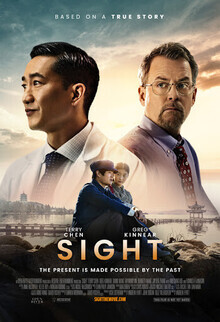
Sight
Monica Castillo
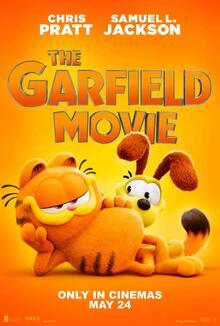
The Garfield Movie
Nell Minow
Film Credits
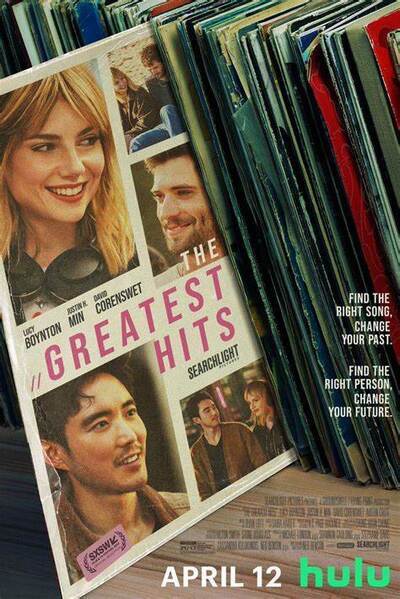
The Greatest Hits (2024)
94 minutes
Cast
Lucy Boyntonas Harriet
Justin H. Min
David Corenswetas Max
Austin Cruteas Morris Martin
Rettaas Dr. Evelyn Bartlett
Rory Keaneas Robert
Jackson Kellyas Jordan the Prius Guy
Andie Juas Edie Park
Tom Yias Tom Park
Director
- Ned Benson
Writer
- Ned Benson
Latest blog posts
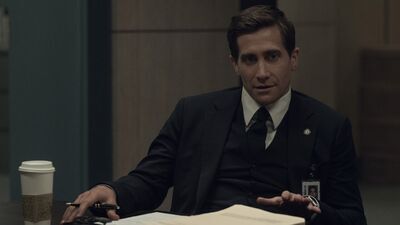
Presumed Innocent Spins Riveting Mystery on Apple TV+

The Language of Horror: Ishana Night Shyamalan on The Watchers

Everybody Wants Some!! Told Us Everything We Needed to Know About Glen Powell
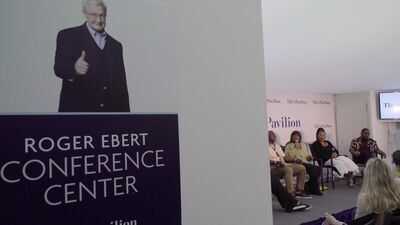
Cannes 2024 Video #9: Festival Wrapup
Comments
comments powered by Disqus
